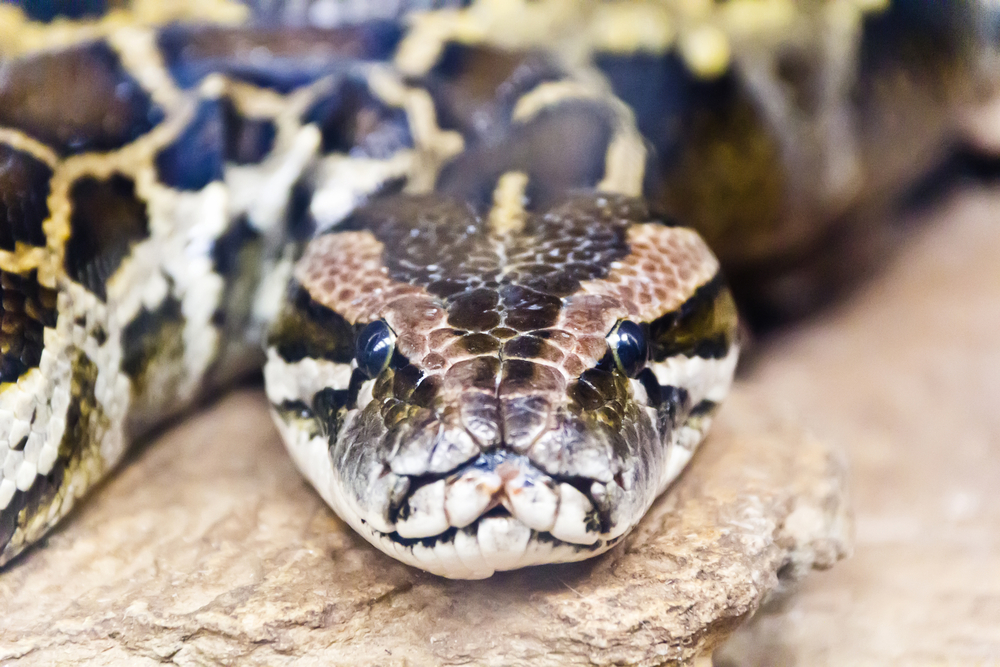People and several organisations on Tuesday urged the state health department to stock sufficient quantities of anti-venom vaccines to treat an increase in snake bites following the widespread sanitisation to check the spread of coronavirus.
According to reports, sanitisation of home and public spaces by home owners and state government is driving the snakes out of their habitats.
“We urge the state health department of the state to stock sufficient quantities of anti-venom as there are reports from various parts of the state that snakes are coming out of their habitats after the state-wide sanitisation to check the spread of novel coronavirus,” Lochan Tanti, the president of the Assam Tea Tribes Students Association (ATTSA), Beesakopie unit, told The Telegraph.
After sanitisation, the irritated snakes are coming out of their habitats.
A python was recovered from a daily market in Tinsukia Town just after a sanitisation drive.
Later, it was handed over to the forest officials and released in the nearby jungle.
“I have seen pythons. They are very peaceful and lazy by nature. But I found that due to the smell of the pesticides, its behaviour changed and was a bit more aggressive,” Sukhan Bhagat, 71, an ex-snake charmer, said.
Chandrasen Kashyap, a snake specialist and trainer, said, “Snakes have 75 per cent more smelling power than any other creature. The smell is infuriating the snakes and affecting their behaviour.”
The people at Phillobari, Kordoiguri, Barekuri, Tongna, Dholla and Sadia villages where initiatives to sanitise fields, streets, campus and residences were taken, said snakes are coming out of their areas and future snake-bite incidents may occur due to it or by the increasing seasonal temperature and incessant rain and floods.
Last year, several snake-bite incidents were reported during the summer and rainy season.
Dushyant Kumar, a veterinary practitioner, said, “The pesticides would not affect the snakes if it is sprayed according to fixed standards. But excess use can not only harm snakes but other creatures also.”
Snake Rescue Network’s Tinsukia district convener, Devajit Moran, said the number of snake-bite cases are increasing in the state because of deforestation, incessant rain and sudden rise in temperatures, the pesticides are also a factor which force them to enter inhabited areas.
“The government should take the initiative to solve problems related to snake-bite cases as the doctors say that the existing polyvalent anti-venom serum may cause allergic reactions as it is produced from snake varieties that are not local,” Moran said, adding that the state has a variety of snake species.











